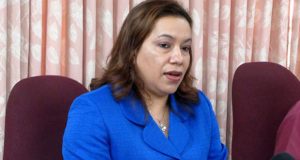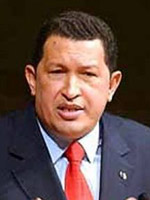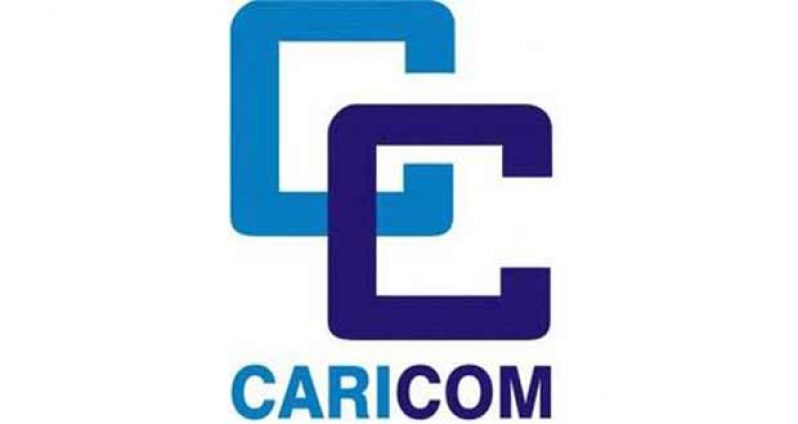Analysis by Rickey Singh
IN the prevailing deteriorating diplomatic stand-off between the governments of the United States of America (USA) and Venezuela, Guyana must avoid suffering the fate of a ‘sandwich’ bitten at both ends.The current scenario involves President Barack Obama’s administrations and that of President Nicolas Maduro’s in Caracas with Guyana seeking to maintain their “friendship” — without compromising Guyanese sovereignty and territorial integrity.

That’s quite a tough challenge for a comparatively small developing CARICOM member state which became an independent nation from Britain some 48 years ago in the face of a lingering colonial claim by Venezuela to some two thirds of Guyanese demarcated and internationally recognised 83,000 square miles of territory.
Guyana’s birth as an independent nation was a baptism in political fire. While the USA had originally opposed its independence over then claimed “concerns” about a so-called international “communist foothold” (under a then Dr Cheddi Jagan-led government) in the Caribbean/Latin American Region, destabilising forces were at work in Venezuela with a mix of their own anti-communist and sabre-rattling rhetoric, accompanied by sporadic military incursions into Guyanese territory in the sprawling forest and mineral-rich Essequibo Region.
I had already released this column when the Georgetown-based CARICOM Secretariat forwarded a most informative media statement. It was consistent with the 15-member Community’s firm support for Guyana in defence of its sovereignty and territorial integrity as a consequence of surprisingly new threats to its territorial integrity by Venezuela.
THE JUDICIAL OPTION
In its statement, CARICOM opted to reiterate its “firm, long-standing support for Guyana’s maintenance of its sovereignty and territorial integrity and unhindered economic and social

development…”
“Further, that CARICOM has also taken note that Guyana has commenced a review of the available options under Article 33 of the UN Charter as provided for in the 1966 Geneva Agreement (signed prior to its independence from Britain in May 1966). Specifically, that is, in pursuit and ensure stability in the relations between Guyana and Venezuela…”
Amid changing governments and political posturings in Georgetown, Caracas and Washington — particularly following the emergence of the then iconic revolutionary leader and thrice democratically elected President Hugo Chavez, the old territorial dispute between Guyana and Venezuela kept resurfacing in the post-Chavez period — the more so within the past two years under the prevailing leadership of Chavez’s democratically elected successor, Nicolas Maduro.
Then, surprisingly, Venezuela in the post-Chavez period, and Guyana became embroiled, once again, in the old dispute that’s rooted in Venezuela’s colonial era claim to two thirds of Guyana’s territory, and quite contrary to the ruling of an independent 1899 international Paris-based tribunal that unequivocally recognised the 83,000 square miles that then and now comprise Guyanese territory.
U.S. ‘FIRM SUPPORT’

At the core of today’s escalating rows, is Venezuela’s recurring objections – including a forced ejection last year by its navy, of a foreign (U.S. owned) oil exploration vessel from what Guyana regards to be within its territorial sovereignty.
Amid angry verbal exchanges between Georgetown and Caracas there surfaced a most significant assurance from President Obama’s administration: Basically, as publicly declared, that Washington stands in “firm readiness” to support Guyana’s position.
Last month, following Guyana’s Foreign Minister, Carolyn Rodrigues-Birkett’s initiative to sensitise foreign governments and international institutions and agencies to the endangering of peace by what she termed Venezuela’s disruptive policy to her country’s future economic and social development, the U.S. State Department lost no time in making clear its own “firm stand” with the Guyanese government and people.
Conscious that leading American oil exploration companies are also involved in Guyana search for oil in its own waters, U.S. Charge d’ Affairs, Bryan Hunt, made clear the Obama administration’s “readiness” to support the objections from Guyana without being specific in terms of a precise response.
Meanwhile, the administrations in Washington and Caracas are maintaining their respective diplomatic offensive that may require conciliatory interventions by hemispheric organisations such as CELAC (Community of Caribbean and Latin American States).
(Rickey Singh is a noted Guyana-born Caribbean journalist based in Barbados)



.jpg)








